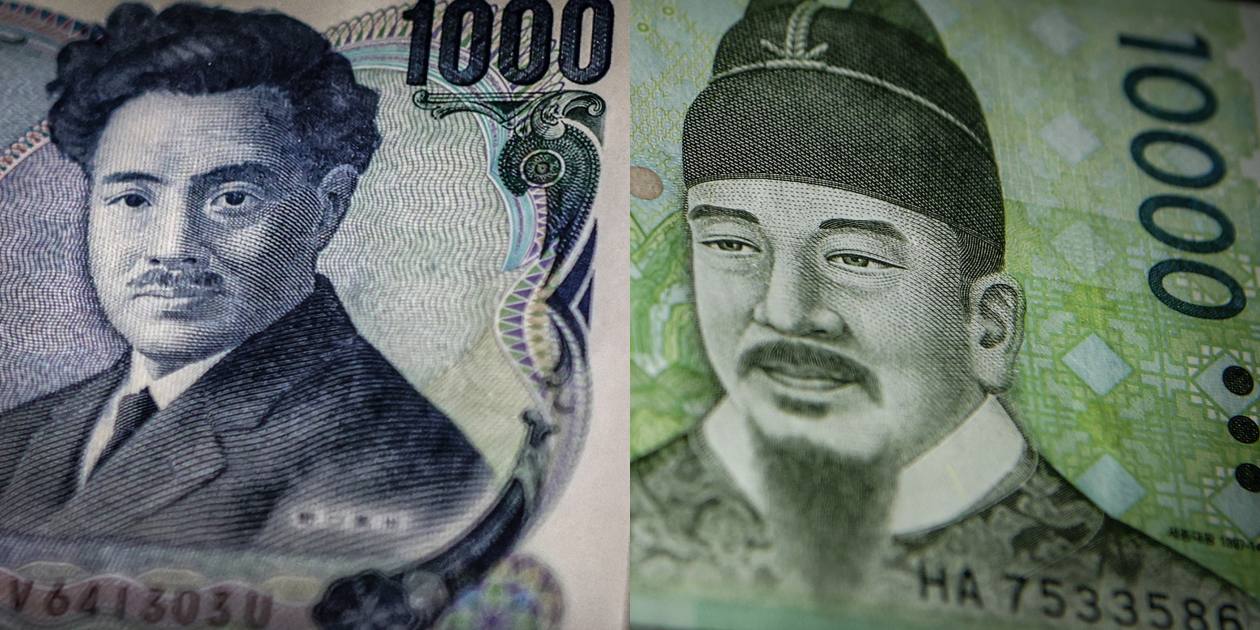SEOUL (Reuters) — South Korea and Japan expressed serious concerns about the recent depreciation of their currencies and stood ready to take action against excessive exchange-rate volatility, South Korea’s Finance Ministry said in a statement released on Wednesday.
In a meeting on Tuesday in Washington, South Korean Finance Minister Choi Sang-mok and his Japanese counterpart, Shunichi Suzuki, said they were ready to deploy measures to stabilize excessive volatility in currency markets, the ministry said.
Receding expectations of near-term U.S. interest rate cuts have pushed up the U.S. dollar against many currencies, including the won and yen.
The won strengthened on Wednesday to as high as 1,382.6 per dollar, up 1.26% from a 17-month low of 1,400 hit on Tuesday.
The yen hit a 34-year low of 154.79 against the greenback on Tuesday. The U.S. unit stood at 154.64 yen in Asia on Wednesday.
The finance leaders of South Korea, Japan and the United States are scheduled to hold their first trilateral meeting in Washington on Wednesday, on the sidelines of the International Monetary Fund and Group of 20 gatherings this week.
Markets are on alert for the chance of yen-buying currency intervention by Japanese authorities, though analysts are divided on the likelihood of action as the dollar creeps near the psychologically important level of 155 yen.
“There could be intervention if the dollar exceeds 155 yen, but the impact would be short-lived and limited,” said Toru Suehiro, the chief economist at Daiwa Securities.
Separately, Bank of Korea Gov. Rhee Chang-yong said in an interview with CNBC in Washington that the central bank was ready to deploy measures to calm the market, as the recent currency movements had been a little excessive.
A weak currency boosts exports but squeezes households and retailers by pushing up the costs of imports of raw materials and food.





